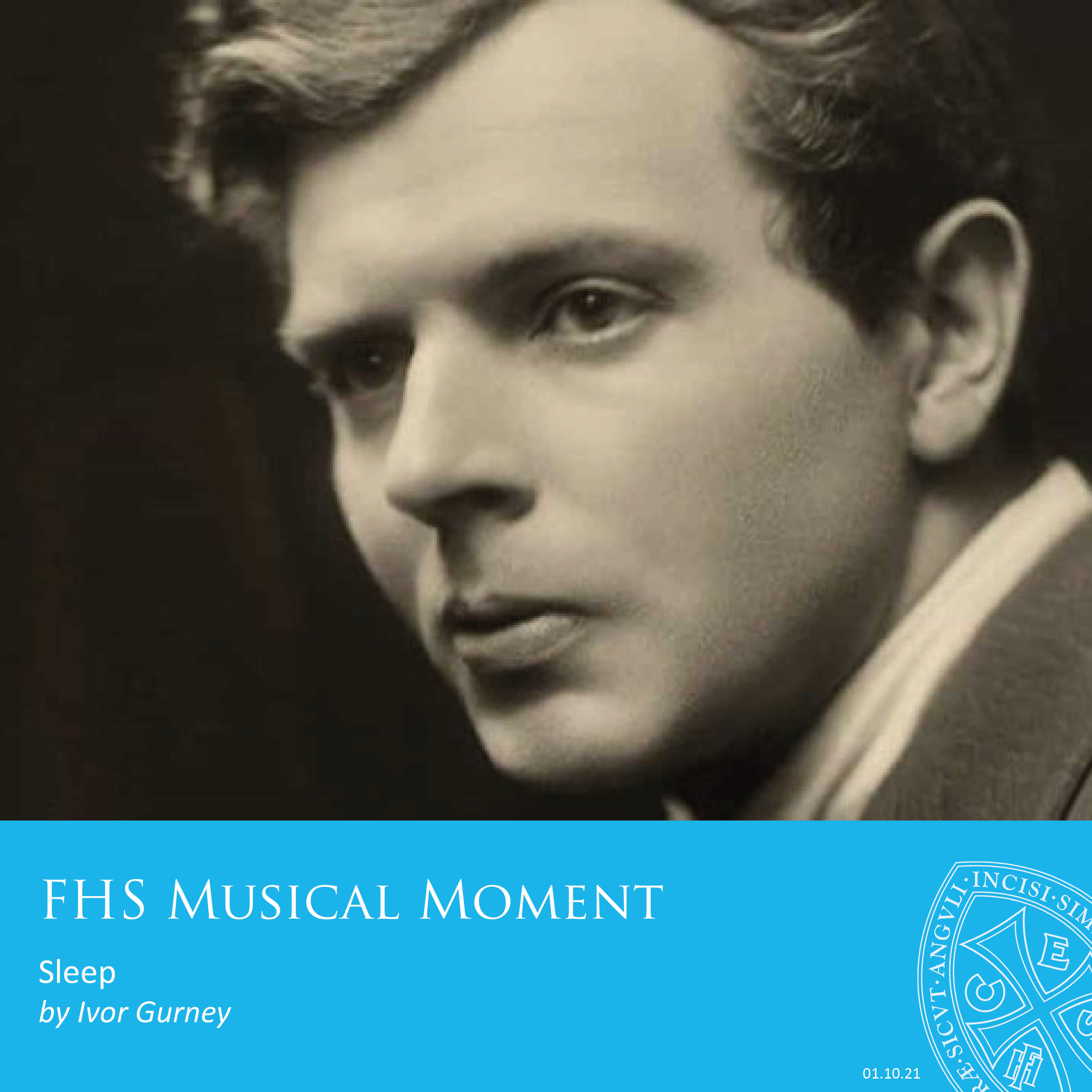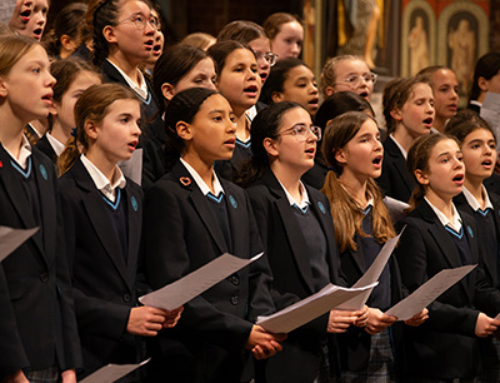This week’s Musical Moment is brought to you by Miss Murata:
This past week, I have been composing a piece for the music scholars for their concert in November and have taken a lot of influence from the English Song; one piece has been particularly striking: ‘Sleep’ by Ivor Gurney.
Ivor Bertie Gurney was an English poet and composer and was born and raised in Gloucester in 1890. Despite being a composing prodigy, Gurney suffered from bipolar disorder as a teenager and his mental health declined severely through his traumatic experiences in World War One. After suffering a mental breakdown in 1918, Gurney seemingly thrived as composer for some time, writing works such as ‘War Elegy’ (1920) and ‘A Gloucestershire Rhapsody’ (1919 – 1921). However, by 1922, Gurney’s condition deteriorated to the point that he spent the final 15 years of his life in psychiatric hospitals before dying from tuberculosis in 1937, aged 47.
One of Gurney’s most notable works is ‘Sleep’ from ‘Five Elizabethan Songs’. The work demonstrates powerful and intense harmony that is incredibly evocative of the lyrics:
Come, Sleep, and with thy sweet deceiving
Lock me in delight awhile;
Let some pleasing dream beguile
All my fancies; that from thence
I may feel an influence
All my powers of care bereaving
Though but a shadow, but a sliding
Let me know some little joy!
We that suffer long annoy
Are contented with a thought
Through an idle fancy wrought:
O let my joys have some abiding!
The piece opens with the piano gently rocking back and forth, mimicking a lullaby, albeit with a dark twist. Gurney’s harmonic progressions creates beautiful moments of light, but also of intense despair. The piano’s very simple, rocking part is a point of stability in the context of singer’s tumultuous lines. There is a little stab of pain on the word ‘long’ in the piano part and though it is a single note, it can make the listener shudder at the words. The final line, ‘O let my joy have some abiding!’ is the climax of the piece and is repeated twice, perhaps demonstrating the narrator’s desperation for happiness. In my opinion, the piece portrays Gurney’s harmonic brilliance with its final chords: a dominant 7th that then leads to the relative major of the original key, Bb minor. This, in non-musical terms, essentially means that Gurney’s penultimate chord surprises the listener with its major (happy) quality. While we expect the piece to finish in a minor (sad) key Gurney, however, resolves onto a different major key, perhaps insinuating the narrator has finally found peace in their sleep.














